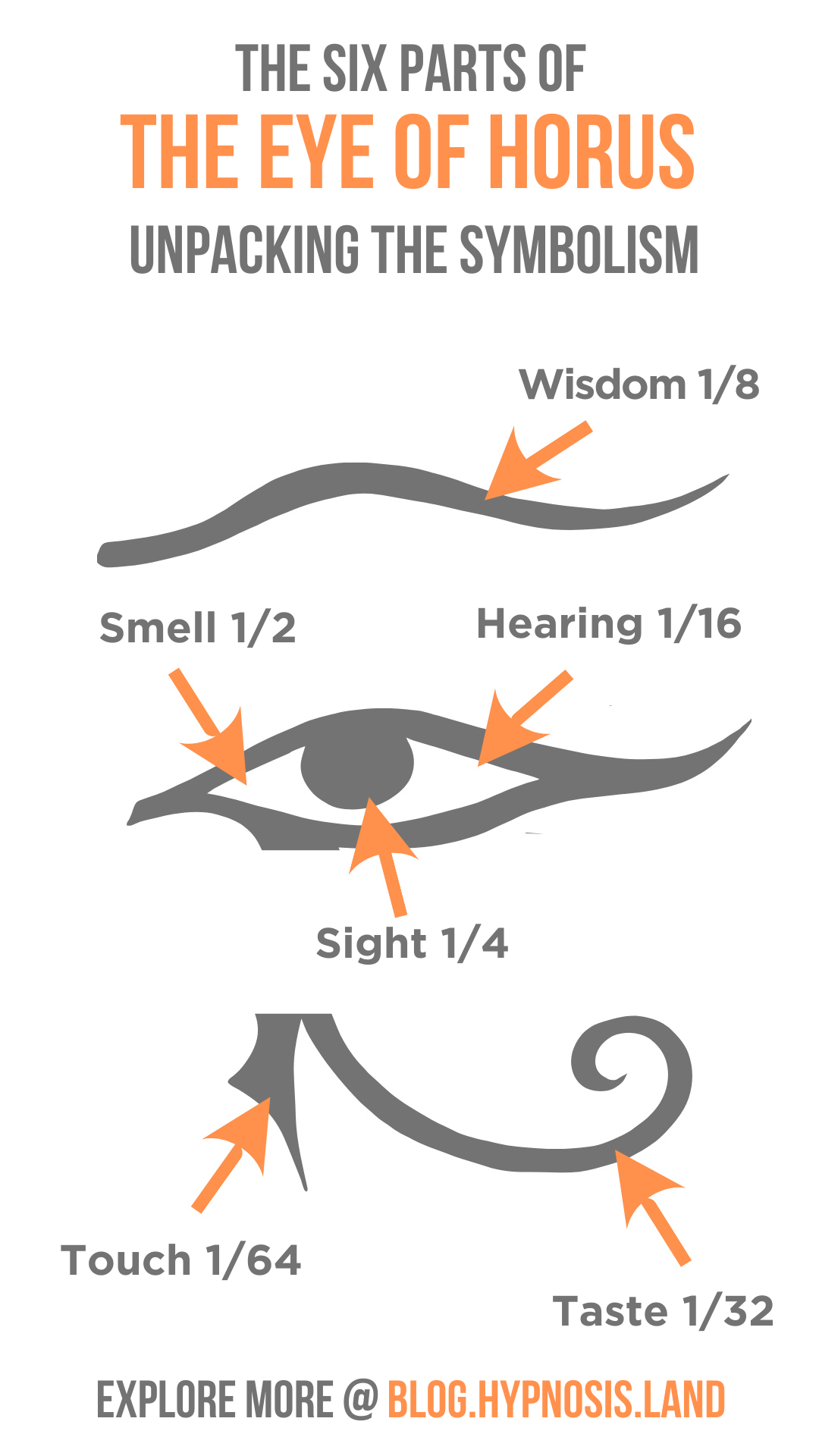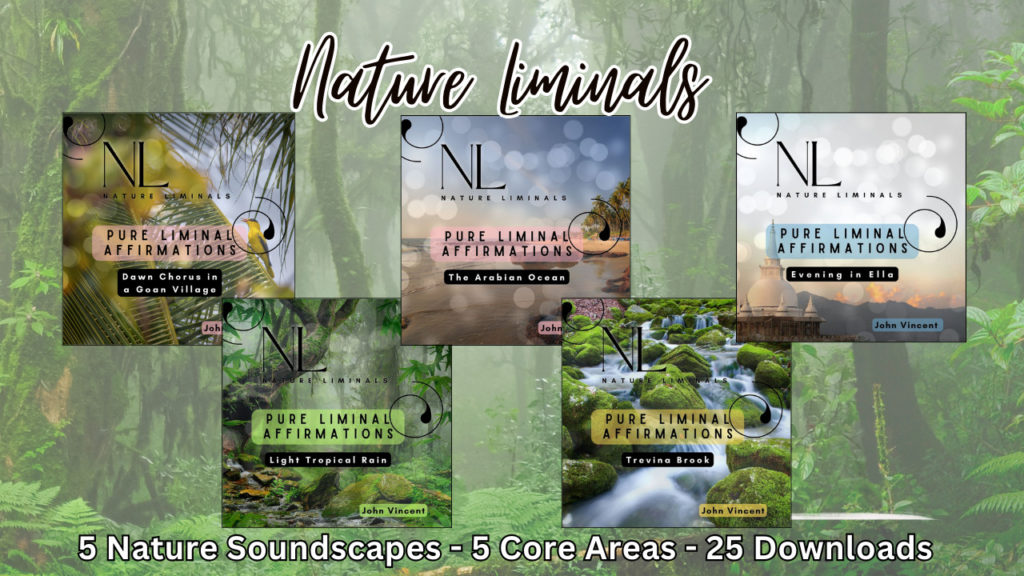
The connection between the Eye of Horus and the human brain’s ventricles is fascinating…
In ancient Egyptian culture, the Eye of Horus was a representation of the concept of wholeness and completeness. It also offers protection against illness and harm…
The Eye of Horus is a composite symbol, comprising of six different parts, each with its own mythological and symbolic significance. Smell, Sight, Wisdom, Hearing, Taste and Touch.
The Eye of Horus can be seen as a representation of the brain’s vital fluid systems, important in maintaining balance for overall health and well-being.
The brains ventricles are fluid-filled cavities responsible for the production of cerebrospinal fluid and its circulation, playing a crucial role in protecting and nourishing the brain.
This implies a profound connection between the Ancient Egyptians intricate symbolism and their deep understanding of human perception and cognition.
Mathematical and Anatomical Precision…
One of the most intriguing aspects of the Eye of Horus is it’s mathematical composition. Comprised of six distinct parts, each of these is assigned a fractional value: 1/2, 1/4, 1/8, 1/16, 1/32 and 1/64.
These fractions, with their precise values, hold both mathematical and mystical significance.

Smell: 1/2 – The Triangular Object
The triangular part on the left (front) of the eye’s pupil symbolizes smell. Remarkably this corresponds to the olfactory (sense of smell) tracts related to the brains structure.
The alignment suggests that the ancient Egyptians had deep understandings of neural pathways and the complex neural processes behind them.
Sight: 1/4 – The Pupil
The central pupil of the Eye of Horus represents sight… mirroring the pathways in the brain responsible for visual perception.
Wisdom: 1/8 – The Eyebrow
Wisdom depicted by the eyebrow of the eye, aligns with the corpus callosum’s location and shape (the corpus callosum facilitates the exchange of information between the brain’s hemispheres), emphasizing the important connection between wisdom and cognitive harmony.
Hearing: 1/16 – The Triangular Object and Canthus
The triangular part to the right (rear) of the pupil and the attached elongated line represent hearing. This corresponds remarkably to Brodmann Areas 41 and 42 in the temporal lobes, these areas are associated with auditory perception.
Taste: 1/32 – The Curved Tail
The curved tail symbolizes taste, mirroring the pathways associated with the interpretation of taste sensations in the brain.
Touch: 1/64 – The Straight Object
The straight object descending from the eye, represents touch. This aligns with the Somatosensory pathways. These pathways are responsible for conveying various bodily sensations, from light touch to proprioception (otherwise known as kinesthesia).
The relationships are uncanny and suggest a deep understanding of the neural pathways of the brain, their function and how to ‘hack’ them.
Seeing the Eye of Horus in Meditation

Witnessing the Eye of Horus during your meditation suggests a journey toward balance, spiritual growth and self-discovery… connecting with ancient wisdom on a transformative path.
The Eye of Horus is also a potent symbol that conveys protection, healing, wisdom and heightened sensory awareness. Signifying a shield of spiritual protection and guidance away from negative influences.
This can also indicate a need for personal healing and renewal, as the Eye represents ‘restoration after adversity’. It offers a path to deeper insight and wisdom, encouraging exploration of one’s inner knowledge.
DIFFERENT TO EYES-CLOSED HYPNOSIS
Nature Liminals: Pure Liminal Hypnotic Affirmations with Nature Soundscapes.


Pingback: The Light Came from Within... Piezoelectric Crystals in the Brain, the Pineal Gland and Enlightenment
Pingback: Aortic Standing Waves and the Fourth Ventricle... Neural Signaling from the Heart Brain